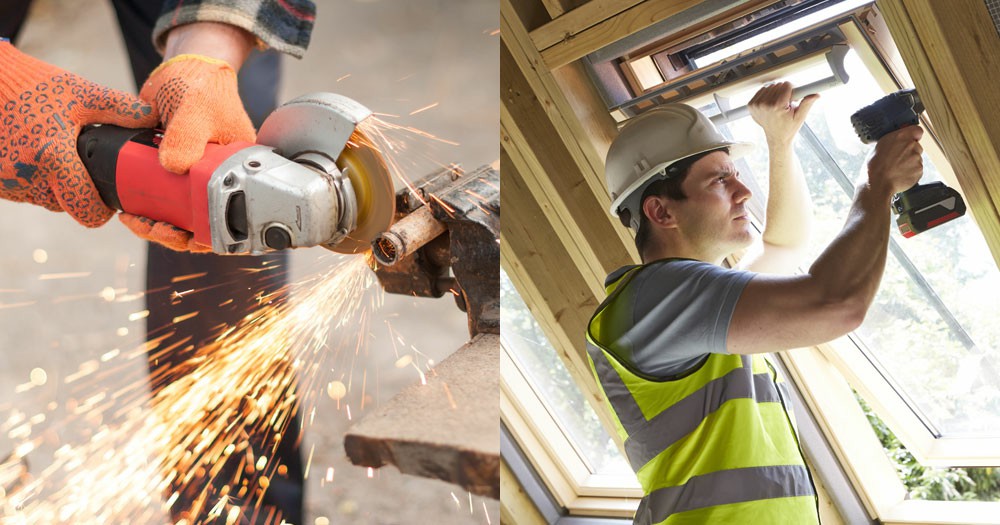


 349,500 Offered Certificates
349,500 Offered Certificates
 24/7 Online Training
24/7 Online Training
 Money Back Guarantee
Money Back Guarantee
 Fully Accredited Courses
Fully Accredited Courses

Created at: 22-02-2025 22:13
Abrasive wheels are essential tools widely used in various industries, including construction, manufacturing, and metalworking. They play a crucial role in cutting, grinding, and polishing materials. However, with their significant advantages come inherent risks that must be managed effectively to ensure workplace safety.
Abrasive wheels are circular discs made of abrasive particles bonded together with a binder. They are designed to cut or grind materials. Available in various sizes and formulations, abrasive wheels are utilized for different applications, such as:
Abrasive wheels can be classified into several types based on their composition and use:
Despite their utility, abrasive wheels pose several risks that can lead to serious injuries:
In Ireland, employers must comply with regulations regarding the use of abrasive wheels to ensure a safe working environment. Key requirements include:
Obtaining an Abrasive Wheels Certificate not only enhances workplace safety but also ensures compliance with legal standards. Here are the benefits of training:
Several training options are available throughout Ireland, catering to different learning preferences:
In summary, abrasive wheels are invaluable tools in various industries but come with significant risks that must be acknowledged and managed. Emphasizing proper training and obtaining an Abrasive Wheels Certificate can greatly enhance workplace safety, ensure compliance, and improve career opportunities. For reliable training courses in Dublin, Cork, Galway, Limerick, and beyond, consider enrolling in a certified Abrasive Wheels training program.
For more information on the Abrasive Wheels Course or to inquire about training options, please contact us at [email protected].